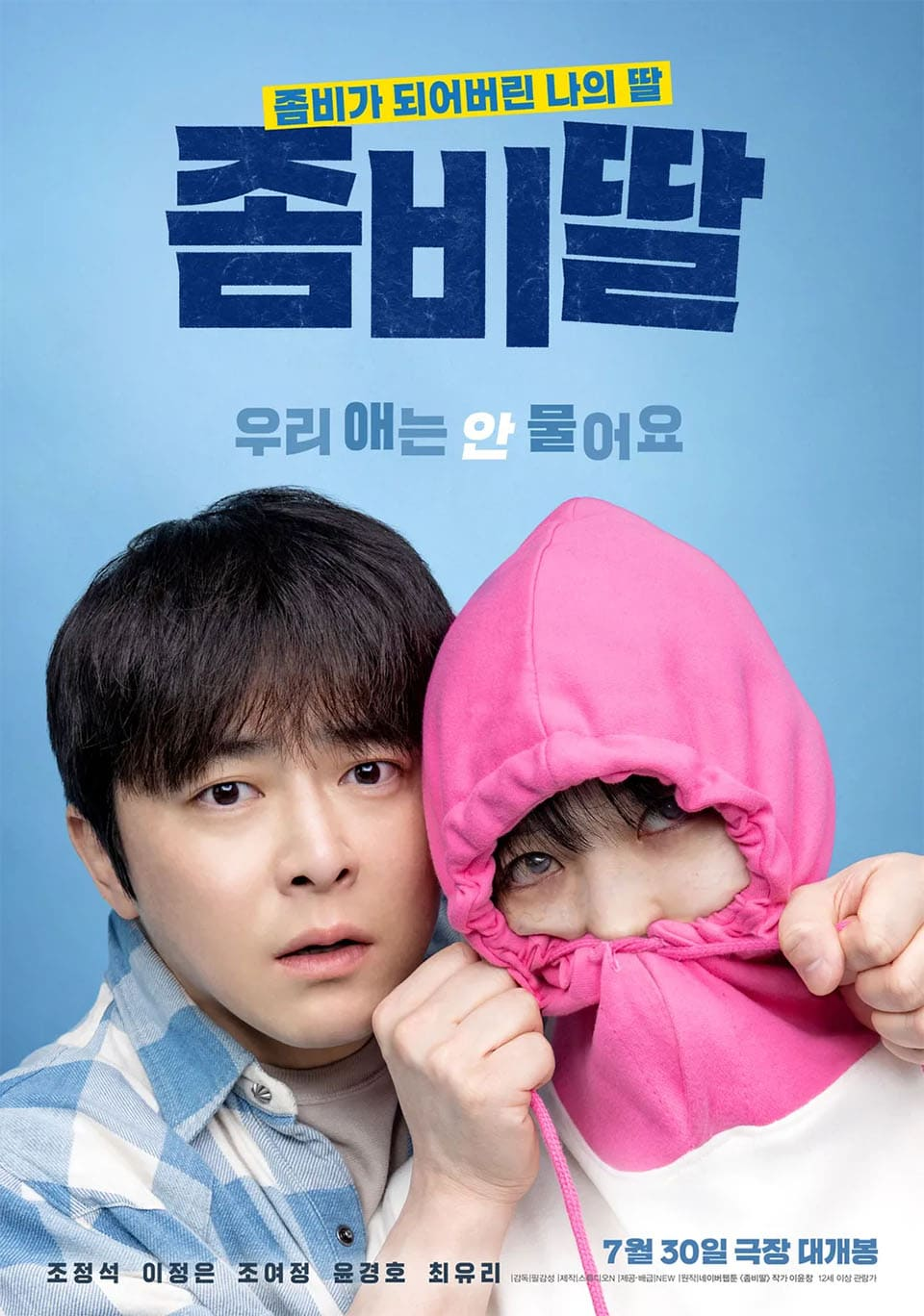Can a Father’s Love Save a “Zombie Daughter”?
- Yul So

- Aug 23
- 2 min read
Aug 22, 2025
Yul So
The 2025 summer box office hit Zombie Daughter, adapted from a webtoon, takes a fresh approach to the zombie genre. The film follows a father, Jung-hwan (Jo Jung-seok), who tries to protect and even “train” his daughter Soo-ah (Choi Yu-ri) after she is infected by a zombie virus. Unlike typical zombie stories—where the infected lose all memory and humanity—this movie suggests that emotions, selective memories, and family bonds can remain.
The theme of the film is fatherly love. Scientists explain such bonds through oxytocin, a hormone once thought to be only a “maternal hormone.” Recent studies show that fathers also release oxytocin when bonding with their children, driving strong protective instincts. Interestingly, mothers’ oxytocin is tied to affectionate care, while fathers’ oxytocin is linked to stimulating and playful interactions. In the movie, Jung-hwan’s attempts to train his daughter with animal-handling skills reflect this paternal style of bonding.
The story also touches on neuroscience. Research has shown that some memories, especially learned movements like dancing, can be stored not only in the brain but also in body cells and muscle memory. This explains why Soo-ah can still respond to her favorite song and dance even after her cognitive functions are damaged.
Finally, psychology offers another perspective. According to Shelley Taylor’s “tend-and-befriend” theory, stress can trigger caregiving behaviors, especially in parents, with oxytocin playing a central role. Instead of running away or fighting, Jung-hwan chooses to care for his daughter, despite social rejection and danger.
While the zombie virus is fictional, the movie suggests a deeper truth: family love is a biological survival mechanism that remains strong even in extreme situations.






